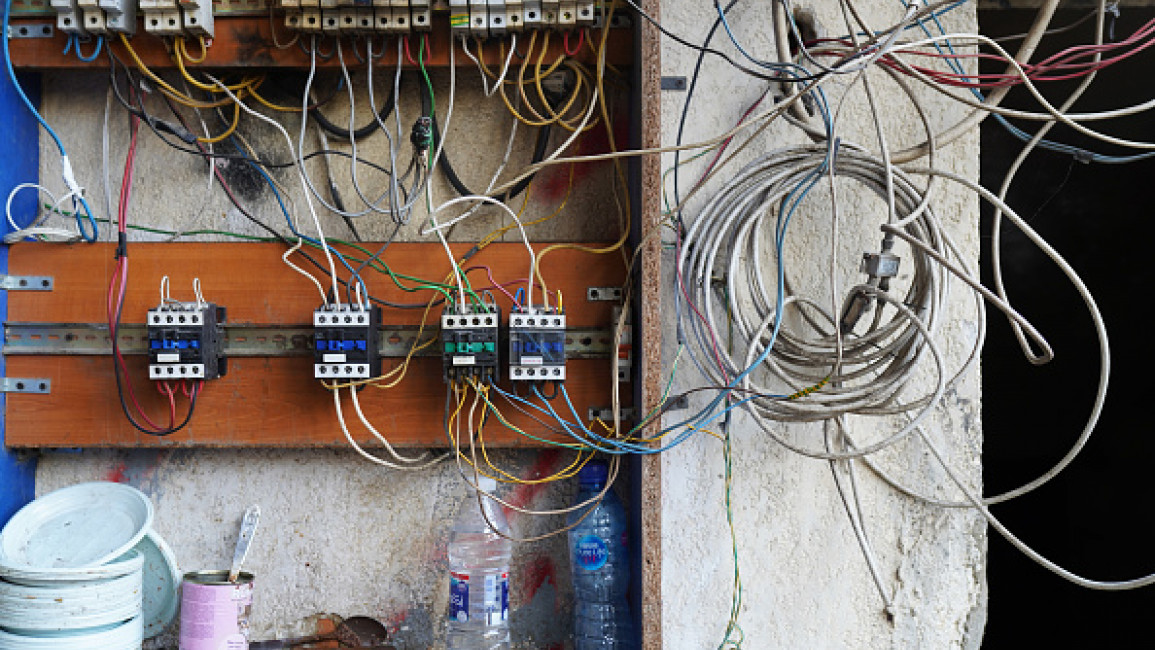Lebanon power blames protesters for national blackout
Lebanon's state electricity company claimed Saturday that its power plants had stopped working after protesters stormed a key substation and tampered with the electrical equipment.
The small Mediterranean country is already grappling with round-the-clock power cuts that last at least 20 hours a day due to a financial crisis that has hampered key imports, including fuel for power stations.
Demonstrators angered by the blackouts stormed an Electricite du Liban substation in the Aramoun region north of Beirut on Saturday, EDL said in a statement.
"Protesters disconnected a 150-220 kilovolt power transformer and opened circuit breakers connecting the Zahrani power plant to the Aramoun station," it said.
"This caused disturbances on the electrical grid... which led to a total blackout across Lebanese territory as of 17:27 (1527 GMT)".
The disruption will pile more pressure on private generators that are already struggling to keep up with the near-total absence of state power.
Private generator owners have hiked prices and rationed supply in recent months, with costs surging after the government gradually lifted fuel subsidies.
The average generator bill for a Lebanese family usually costs more than the monthly minimum wage of 675,000 Lebanese pounds -- now worth just $22 as the local currency hits record lows against the dollar on the black market.
The international community has long demanded a complete overhaul of Lebanon's ruinous electricity sector, which has cost the government more than $40 billion since the end of the 1975-1990 civil war.
Lebanon has reached an agreement on bringing Jordanian electricity and Egyptian gas into the country via war-torn Syria, while Shia movement Hezbollah has separately started hydrocarbon deliveries from Iran.
The economic collapse has been described as one of the worst in the world in over 150 years. Inflation and prices of basic goods have skyrocketed in Lebanon, which imports more than 80 percent of its basic goods.
Shortages of basic supplies, including fuel and medicine, and restrictions on bank withdrawals and transfers, particularly in foreign currency, have increased the desperation of the Lebanese in the once middle-class country.
The crisis has since only been compounded by the pandemic, bickering among rival political groups and a massive explosion at the port of Beirut in August 2020 which killed more than 216 people and injured thousands. It also destroyed major parts of the capital.



